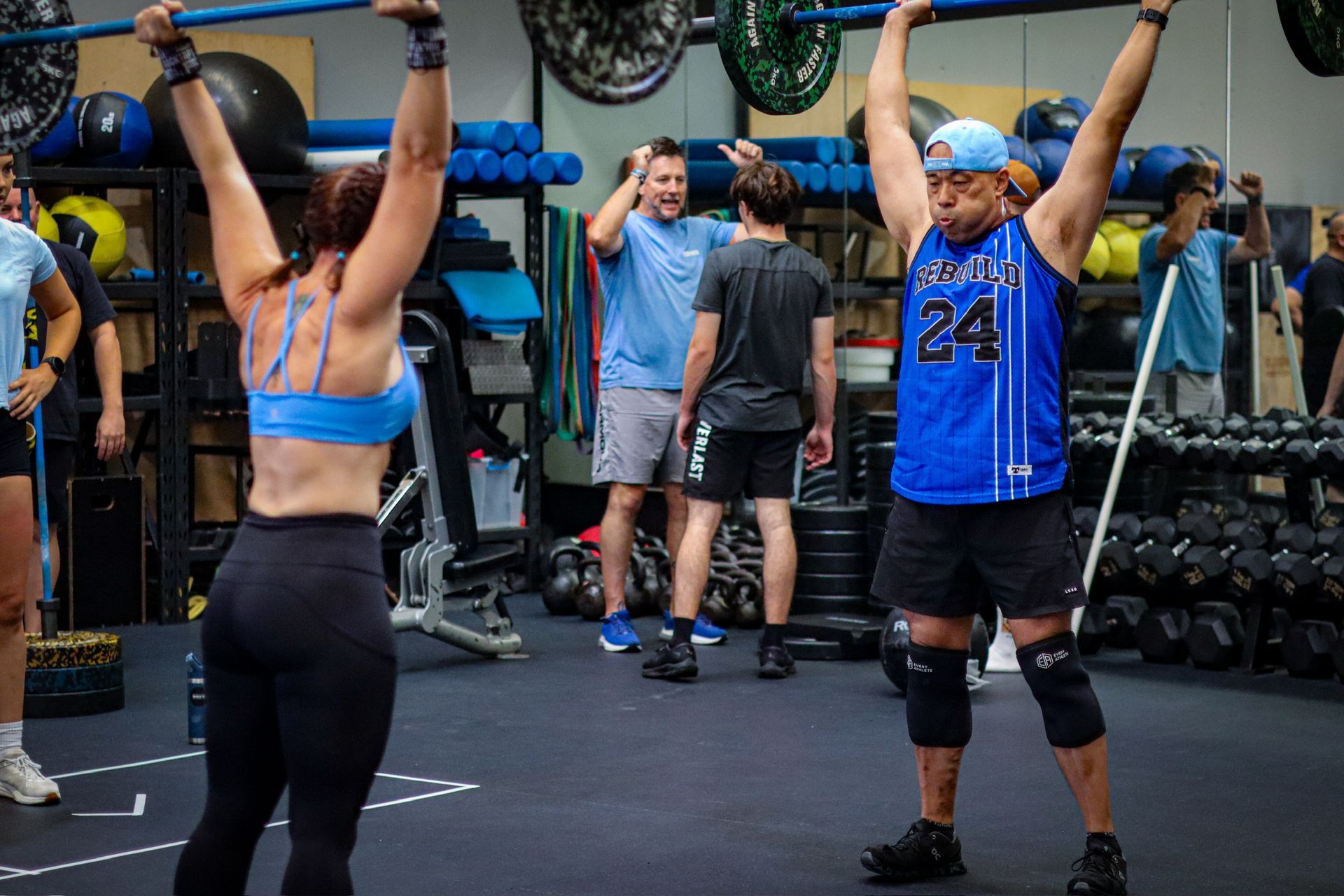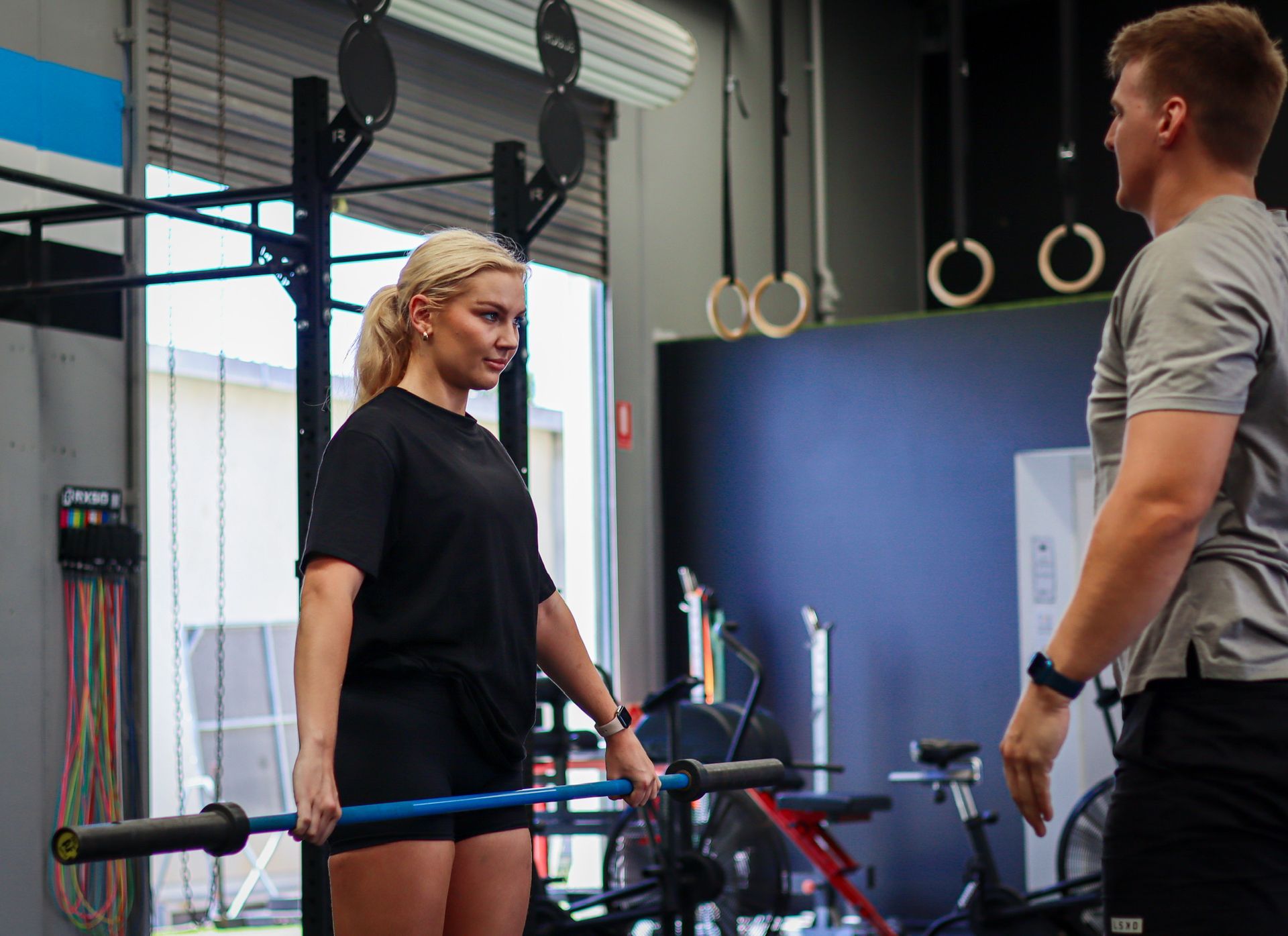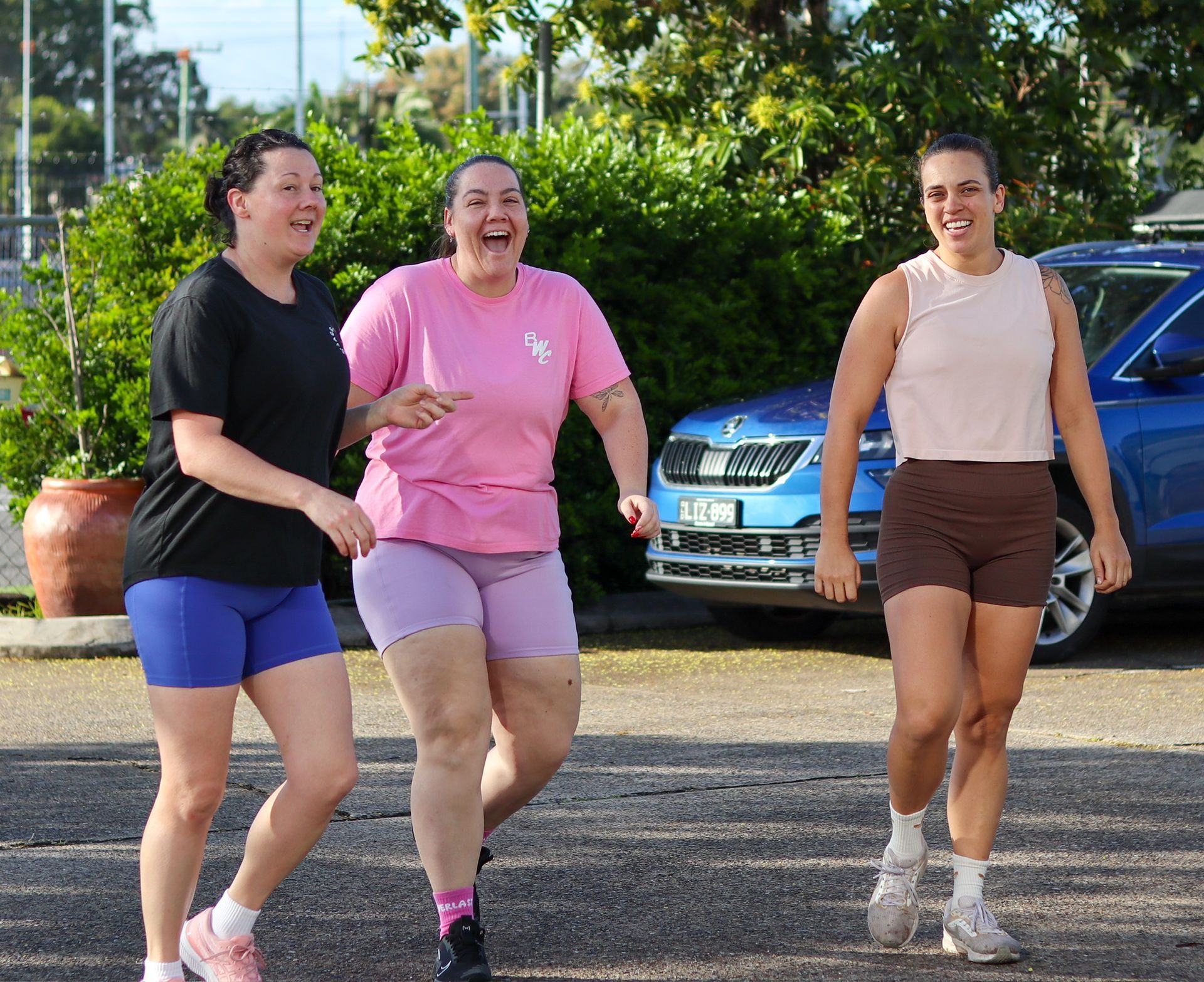5 Quick Tips For Setting Up Your Diet For Success
Whether your goal is to lose fat, build muscle, or simply develop a better understanding of nutrition, setting yourself up for success starts with a solid foundation.
Here are five essential tips to help you kickstart your journey toward a healthier and more sustainable lifestyle this year:
1. Prioritise Nutrient Density for Optimal Health
Fill your diet with whole, nutrient-dense foods that nourish your body from the inside out.
✅ Focus on:
- Colorful fruits
- Leafy greens
- Whole grains
- Lean proteins (like poultry, fish, tofu, legumes)
- Healthy fats (such as avocado, nuts, olive oil)
Why? These foods are rich in vitamins, minerals, antioxidants, and fiber—all crucial for supporting energy, immune function, and overall well-being.
2. Embrace Balance and Portion Control
Balanced meals are the key to sustained energy and satisfaction.
✅ Aim for:
- A mix of carbohydrates, proteins, and fats at each meal
- Mindful attention to portion sizes
Pro Tip:
- Use smaller plates
- Measure portions if needed
- Stay mindful of serving sizes to manage caloric intake without feeling restricted.
3. Calorie Awareness and Mindful Eating
While calories matter, quality matters more.
✅ Steps to take:
- Understand your caloric needs based on age, gender, weight, and activity level.
- Focus on high-quality foods rather than just calorie counts.
- Practice
mindful eating:
➔ Eat slowly
➔ Listen to hunger cues
➔ Stop when you're satisfied, not stuffed
Mindful eating supports better digestion, prevents overeating, and deepens your connection with your food.
4. Hydration is Non-Negotiable
Water is essential for every function in your body—and it even influences your appetite.
✅ Hydration tips:
- Prioritize plain water throughout the day.
- Include water-rich foods like cucumbers, melons, and leafy greens.
- Carry a water bottle and sip consistently rather than waiting until you're thirsty.
Staying hydrated helps maintain energy, focus, and metabolism.
5. Seek Guidance from Nutrition Professionals
Sometimes the best investment you can make is in personalised support.
✅ Work with a:
- Registered dietitian
- Certified nutrition coach
These experts can:
- Tailor advice to your goals, lifestyle, and preferences
- Help customise your diet to account for allergies, cultural considerations, or medical needs
- Provide accountability, support, and long-term strategies for success
Remember: A sustainable diet isn’t about quick fixes—it’s about building a lifestyle you love and can stick with for the long run.
Final Thought: Build Your Foundation for a Healthier Future
Setting up your diet for success is about more than just changing what you eat—it's about changing the way you think about nourishing your body.
With the right strategies and support, you’ll create a plan that:
- Nourishes your health
- Supports your goals
- Fits your life—and is enjoyable enough to sustain
This is your year to rebuild stronger, healthier habits—one meal at a time.
Previous Blogs




